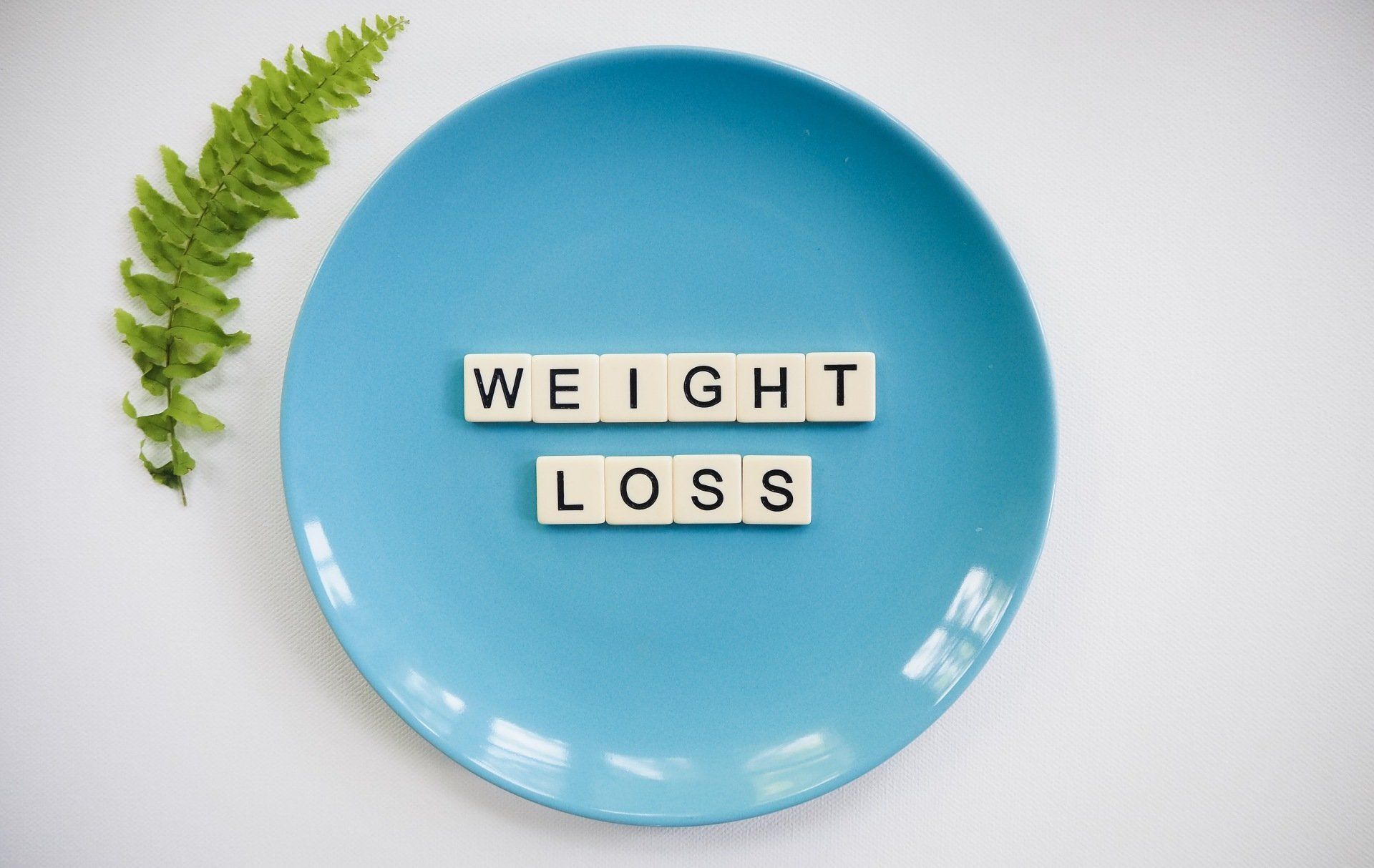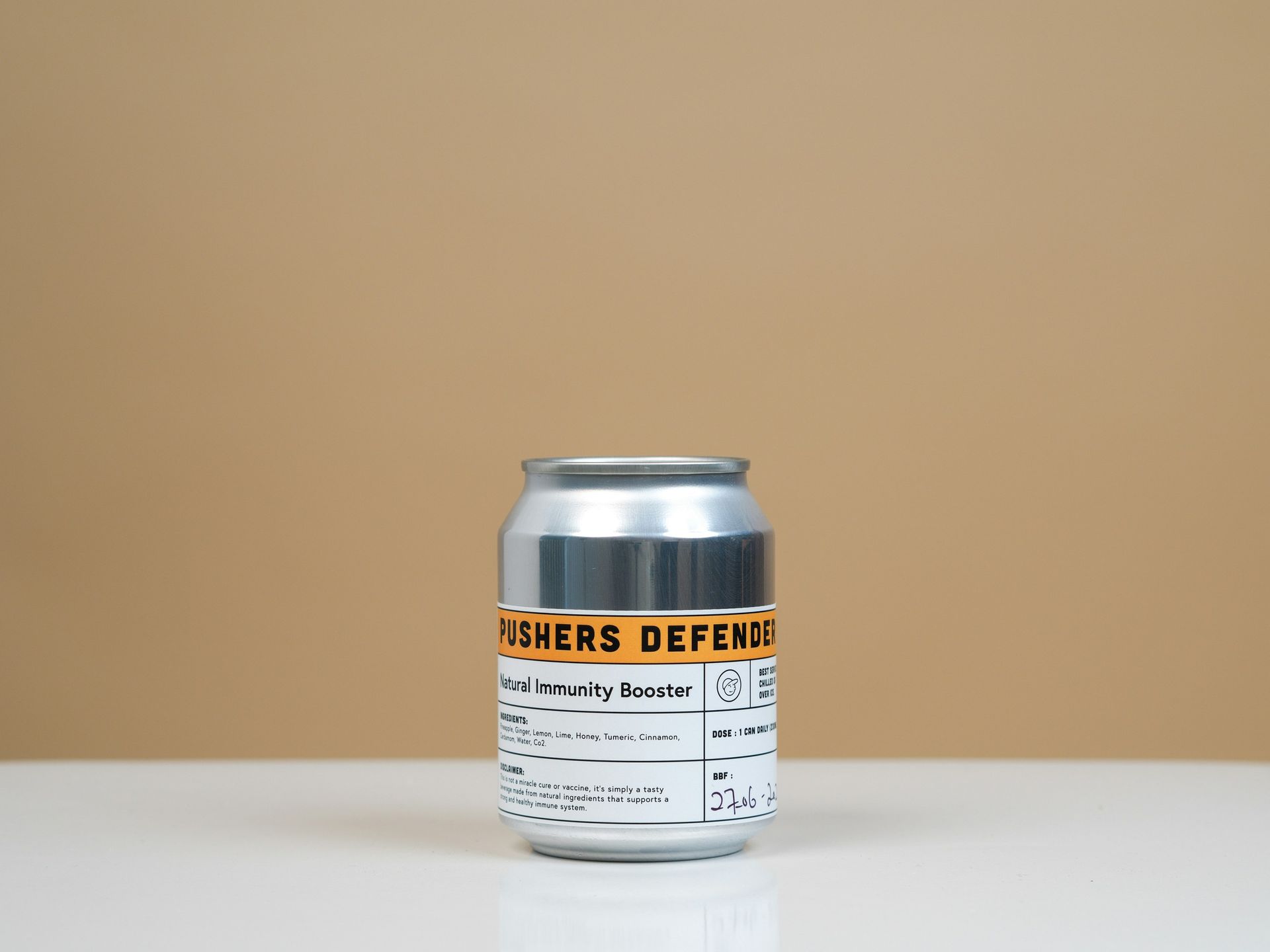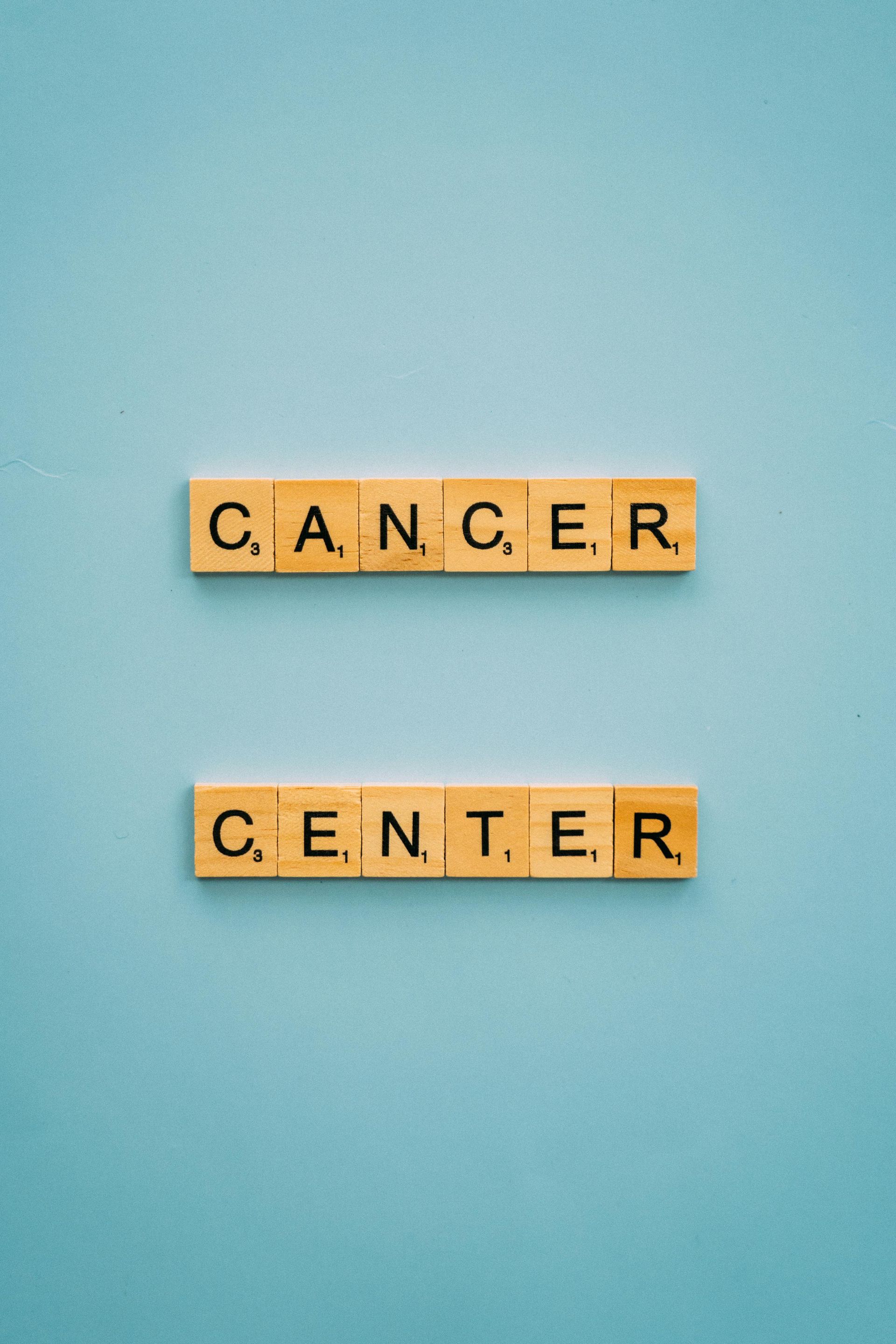FAQs – Introduction to chemotherapy
INTRODUCTION TO CHEMOTHERAPY- what you need to know as a patient
THE BEST CURE FOR CANCER?
Just remove it. Screen early and screen regularly. When you see the tumor, take it out. Surgery for early stage cancers is considered a cure. But remember, nothing is ever 100%. Even the stage I colon cancers still have a 10% relapse rate. Why is this so when the surgeon told me that they “got it all?”
Microscopic cancer cells could certainly have been left behind, but are too small to be detected by an x-ray or CT scan. It only becomes visible years later, after the cells grow and multiply enough to be seen. Like a small family left on a deserted island, the search and rescue party in a plane will not see them until years later, the family has multiplied enough to be recognized from far away.
PRECAUTIONARY CHEMOTHERAPY-
Deciding who gets treated?
We call this “adjuvant” chemotherapy, in other words, it is given AFTER surgery or after radiation, in order to clean up any traces of microscopic cancer, and hopefully increase the cure rate.
NOT all patients get chemotherapy after surgery. Only those with high risk scores do get “precautionary chemo”. You line up the pros and cons of giving chemo and the pros or benefits must outweigh the risks and hassles before we decide that chemotherapy is even worth trying.
Many patients refuse chemotherapy because the surgeon told him/her that “we got it all”. Yes, to the naked eye, it looks like all tumor was removed, but in reality only time will tell, maybe 2-5 years later, when those microscopic cells have revived themselves and reestablished their growth, that you will see them reappear in a CAT computerized tomography scan in a renewed comeback years later.
Not all tumors are the same. After the surgery the tumors undergo slicing and are processed into neat glass slides, stained with special stains and sometimes with antibodies, and gene mutations are sometimes examined. This gives us something to examine under the microscope. Tissue that is aggressive and likely to metastasize later on can be identified by the microscope. Things that escaped the surgeon’s eyes may be revealed with special pathology stains. And gene mutation testing can give us clues whether the tumor can be treated with new , less toxic, but more effective biologic therapies instead of conventional chemotherapy.
With all the new targeted therapies , biologic treatments and programmed cell death antibodies, do I still prescribe regular chemotherapy these days? Yes, but it depends on the type of tumor. Microscopic exams can help in the decision making.
CHEMOTHERAPY FOR LATER STAGES AND CAN IT CURE?
Conventional chemotherapy is given in order to attack cancer cells, target the nuclear DNA and hopefully make them die. If we can kill ALL of them, then you will achieve a cure. If you only kill some of the tumor, the left over tumor cells will still be around after the chemotherapy has faded, regrow, and weeks or months from then, will rebuild from the ashes, into a renewed, perhaps more aggressive tumor. Since it is nearly impossible to tell if chemotherapy has killed ALL cells, we usually rely on surgery to remove the tumors, plus a good margin around the tumors, to ensure cure. This is only possible with early stages of a cancer. When a cancer gets too large, it starts to encroach upon surrounding tissue and it becomes impossible to get a good clean cut with a scalpel without leaving microscopic cells behind. In general, chemotherapy if given in the later stages, will rarely be cured, but should be available to offer relief from symptoms and prolong life.
The exception are late stage blood cancers like leukemia, lymphoma of the Hodgkins variety, and selected non hodgkins lymphomas, which have a decent chance of being cured with chemotherapy even if discovered at stage 4. But the chances are of course lower, compared to similar cases discovered when only at Stage One.
WILL CHEMOTHERAPY MAKE ME SICK?
It really depends. I want patients to know that unlike during the 1960s, when we had only a few chemotherapy choices to choose from, we now have hundreds to choose from. I am referring to the drugs that target the nuclear DNA. We have chemotherapy that can avoid hair loss, while some will still cause hair to fall. Some are intensely nauseating while others have no nausea inducing side effects at all. We now have new drugs that control nausea and vomiting very well.
25 years ago, many were still vomiting but nowadays, with the newer anti nausea drugs, vomiting has become almost rare.
What about the hair loss?
Biologic agents and the newer targeted therapies will not cause hair loss. Some of the chemotherapy agents also do not have hair loss as a side effect. Ask your doctor if these particular drugs are suitable for your cancer.
For each tumor there are usually more than one type of chemotherapy
Chemotherapy for colon cancer is different from leukemia, and the leukemia drugs are also very different from the chemo that we give to breast cancer patients can come in intravenous form, or pills, some can even be given as a form of cancer vaccine. Depending on what side effects you are willing to handle and depending on the effectiveness on tumor shrinkage, the dose can also be dialed up or dialed down.
Chemotherapy can be very intense , like in bone marrow transplant regimens, and side effects can last for a very long time.
Some regimens have very few side effects, even to the point that the patient wonders whether we gave him only a placebo!
Many people would rather choose a milder form of treatment even if it means the tumor will only be stable, meaning no growth but no shrinkage either.
We also have newer medications, that are what some doctors call “ biological” therapies. They do not act the same way as conventional chemotherapy but act on other mechanisms like tumor signaling pathways, and mutation targetting . We have tumor antibodies, drugs that act on programmed cell death, drugs that cut back the growth of the blood vessels supplying the tumors instead of attacking the tumor itself, etc. Biologic drugs tend to be more easily tolerated, and do not usually cause hair loss or nausea.
WILL CHEMOTHERAPY PERMANENTLY DAMAGE MY IMMUNE SYSTEM?
On the contrary, modern chemotherapy can now be used to stimulate the immune system and trick it into turning around and attacking the cancer itself. What is being confused as immune system damage is actually the slow recovery of bacteria fighting white and red blood cells that we see after a dose of chemotherapy. Chemotherapy can make the red blood cells low and this will make one tired. It can also bring down white blood cells which can make one easy prey to infections. In most cases the effect usually is temporary, and one usually recovers within days and is ready when the next treatment date rolls around. Antibiotics are sometimes given as a prophylactic measure to prevent infections. Depending on the drug, the side effects on the label can vary. Most of the time, side effects are short lived. Some side effects are severe, (kidney failure, heart failure, nerve damage) and may become permanent, especially if the drug is given for extended periods of time ( months to years). Fortunately , complete and permanent organ damage is rare in a closely monitored clinic. Rotating between different treatments or strategic dose reductions or brief chemotherapy “vacations” can help minimize or entirely prevent the damage.
MILD, MEDIUM or WELL DONE?
Most patients only want chemotherapy if it will not make them sick. Others will brave any chemotherapy as long as it will cure them. I can’t promise anything, but for every regimen we can certainly dial down the intensity of chemotherapy, offer only one drug, give breaks in between, and even adjust the dose in order to increase tolerability. For elderly or frail patients, this may be the only option. That way they still get to benefit from the tumor delaying effects of chemotherapy even though it might take longer to do so.
Aggressive regimens usually entail two or more drugs. Although this should improve the effectiveness of the treatment, it can also increase the toxicity.
CHEMOTHERAPY and NAUSEA- New advances
Over the past twenty years, we now have very effective drugs to combat nausea and vomiting. Decades ago, doctors and nurses used to see people vomiting up to 10 times a day while on chemotherapy. Now, it is rare in my practice to see anyone vomit. Perhaps some will get nauseated, and vomit once daily. Others will not even get to that point as long as they take the new anti nausea medications on time.
TARGETING THE GENETIC OR THE METABOLIC THEORY?
SHOULD WE TARGET BOTH?
I think using drugs that target both cancer theories, is a good idea.
I DON’T WANT CHEMOTHERAPY, CAN I JUST USE NATURAL ALTERNATIVE MEDICINE?
Although some of the “natural alternatives” out there sound very promising, keep in mind that they being "natural" does not always guarantee safety. Most alternatives are non FDA approved, and have been tested only in animals. We don't know what the equivalent doses are in humans, and most likely that drug that you purchased from the internet is either too low a dose, or worse, could be too high and potentially toxic to your internal organs. Side effects of these alternatives should also be considered and discussed with your doctors because some of the side effects can be fatal, and we obviously won't get any of the victims to testify.
WHAT ABOUT HERBAL MEDICINES?
Herbal does not necessarily mean non toxic. Mushrooms can be very toxic, if you choose the wrong one! Did you know that many of our chemotherapies were originally plants or herbs? Vincristine, a treatment for a lot of blood cancers, actually came from a flower? Paclitaxel, a potent drug for breast, ovarian, lung and many other cancers, was made from the bark of the Pacific yew tree? It was only after it went through clinical trials and now commercially available that it became known only as chemotherapy.
REFUSING CHEMOTHERAPY AND CHOOSING WATCHFUL WAITING- IS THIS AN OPTION?
When the cancer is identified as being low risk, sometimes, delaying chemotherapy can be a good option, as long as very close clinical monitoring is followed. This means that instead of treatment, frequent (every 1-3 months) doctor visits and frequent blood testing and /or full body scans are done in the hopes of catching the cancer if it does decide to come back. Sounds like a great idea? The only problem is , we do not know how or when the cancer will return. Sometime the cancer undergoes what we call a malignant transformation. The slow tumor now has metamorphosed into an aggressive one. Many times, the cancer returns when we are not looking, and are alerted only by symptoms. We can only hope that we can catch it at a treatable state. But sadly sometimes the cancer returns in a very sneaky fashion, and may show up in a distant organ like the lungs and the liver, where it is now incurable, and surprisingly, without any symptoms. By the time we discover it on a CAT scan or Xray, it will be too late. There is simply no foolproof way to accurately predict how and where the tumor will make its grand reappearance. Lower risk tumors can take advantage of waiting, in order to avoid potential chemotherapy side effects. If the cancer risk score is high enough, chemo might be a better option than waiting. Consultation with your oncologist who knows your case best is probably a wise move.
CAN I JUST WAIT FOR SYMPTOMS?
This is probably the worse game plan. Early cancers are treatable, and usually have NO symptoms. By the time symptoms appear, it may be too late for a cure. Or, even if curable, a symptomatic person will be too sick to tolerate treatment. The best time to treat with surgery, chemo or radiation is when one is feeling healthy.
Younger patients can tolerate chemotherapy better than older patients. People without diabetes, heart disease or lung disease are better off than those who do.
WILL A KETOGENIC DIET WORK TO PREVENT CANCER?
I feel that dietary manipulation has some role in improving cancer patients’ quality of life. There is also potential that the diet can add to the effectiveness of chemotherapy and radiation. We do not have any human proof of this, at least not yet. Clinical trials are still ongoing. For now I predict that by itself the diet will not produce a complete cure in most advanced cancers, but may help one tolerate chemotherapy side effects, possibly make the tumors respond better to chemo and help people live longer. There is still so much that we do not know about how cancers develop and we know even less about how to conquer them. A metabolic approach sounds like a non-toxic way of slowing down the processes that do activate cancer. I feel in order to control tumor growth, it is important not only to douse the flames of cancer, but also to remember to turn off the gas! This where the diet becomes important.






